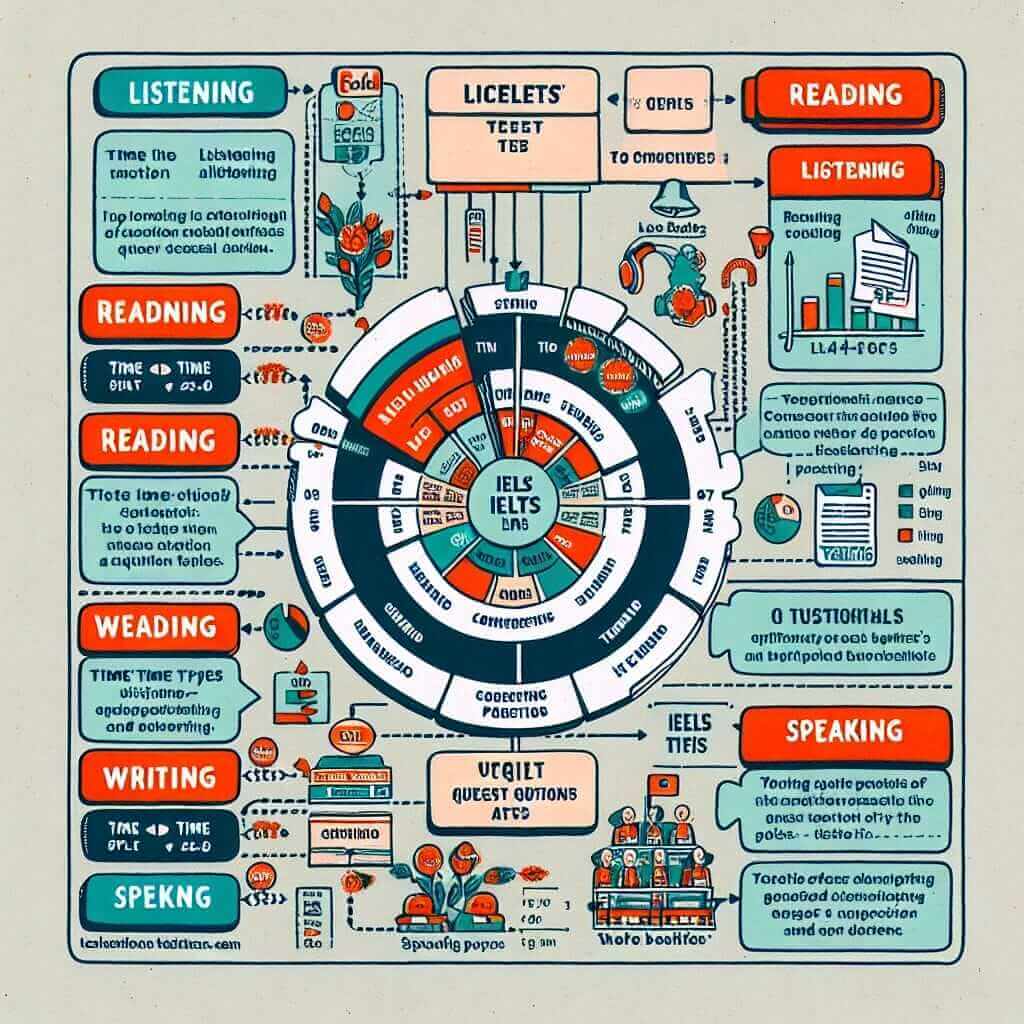The International English Language Testing System (IELTS) exam often sparks questions about its difficulty. As an IELTS instructor with over 20 years of experience, I’ve helped countless students navigate this path. Let’s demystify the IELTS and address the common question: just how hard is it?
Understanding IELTS Difficulty
The perceived difficulty of the IELTS depends on several factors, making it a subjective experience. Your English proficiency level, prior test-taking experience, familiarity with the format, and even your personal goals all play a role.
What Makes IELTS Challenging?
Here’s a breakdown of aspects some find tricky:
- Unfamiliar Format: Unlike traditional school exams, the IELTS evaluates English skills through specific tasks that might feel unusual at first.
- Time Pressure: Each section is timed, requiring efficient time management to complete all questions.
- Specific Assessment Criteria: IELTS scoring focuses on fluency, coherence, vocabulary range, grammar accuracy, and pronunciation, which requires targeted preparation.
- Subjective Marking: The Speaking and Writing sections involve examiner judgment, which can lead to variations in scores.
Factors That Can Make IELTS Easier:
- Strong English Foundation: A solid grasp of grammar, vocabulary, and sentence structure forms a strong base.
- Targeted Preparation: Familiarizing yourself with the test format, question types, and assessment criteria through practice tests and materials is key.
- Effective Strategies: Learning time management techniques and developing strategies for different question types can boost your performance.
- Confidence: Believing in your abilities and approaching the exam with a positive mindset can positively impact your score.

Navigating IELTS Challenges: Tips for Success
1. Know the Format Inside Out
Familiarize yourself thoroughly with the structure of each section: Listening, Reading, Writing, and Speaking. Understand the different question types and the time allocated for each.
2. Practice Makes Perfect
Take advantage of practice tests to simulate exam conditions and identify your strengths and weaknesses. Analyze your performance to focus your preparation efforts.
3. Develop Effective Time Management Skills
Practice allocating your time wisely within each section. Learn to skim and scan reading passages quickly to locate information efficiently.
4. Enhance Your Vocabulary and Grammar
Regularly expand your vocabulary by learning new words and phrases. Review grammar rules and practice using them in different contexts.
5. Seek Professional Guidance
Consider enrolling in an IELTS preparation course or working with a qualified tutor to receive personalized feedback and improve your skills systematically.
Conclusion
While the IELTS can be challenging, it’s certainly achievable with the right preparation and mindset. By understanding its structure, developing effective strategies, and putting in consistent effort, you can confidently approach the exam and achieve your desired score.